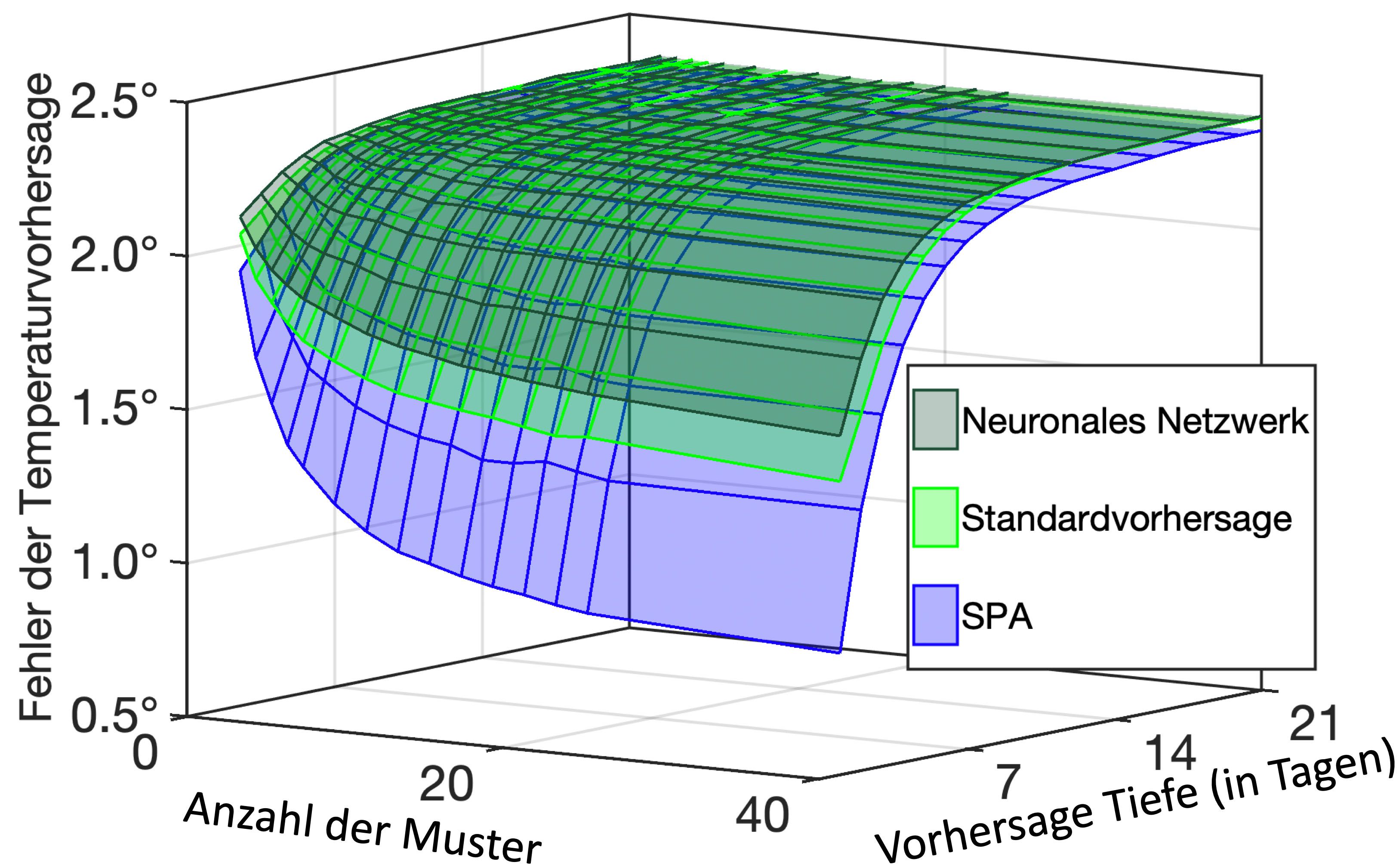The exponential growth in computer processing power seen over the past 60 years may soon come to a halt. Complex systems such as those used in weather forecast, for example, require high computing capacities, but the costs for running supercomputers to process large quantities of data can become a limiting factor. Researchers at Johannes Gutenberg University Mainz (JGU) and Università della Svizzera italiana (USI) in Lugano in Switzerland have recently unveiled an algorithm that can solve complex problems with remarkable facility – even on a personal computer.
Exponential growth in IT will reach its limit
In the past, we have seen a constant rate of acceleration in information processing power as predicted by Moore's Law, but it now looks as if this exponential rate of growth is limited. New developments rely on artificial intelligence and machine learning, but the related processes are largely not well-known and understood. "Many machine learning methods, such as the very popular deep learning, are very successful, but work like a black box, which means that we don't know exactly what is going on. We wanted to understand how artificial intelligence works and gain a better understanding of the connections involved," said Professor Susanne Gerber, a specialist in bioinformatics at Mainz University.
Read more at Johannes Gutenberg University of Mainz
Image: Use of SPA ensures that errors in temperature forecast are reduced significantly in comparison with those of other procedures. CREDIT: Illia Horenko


